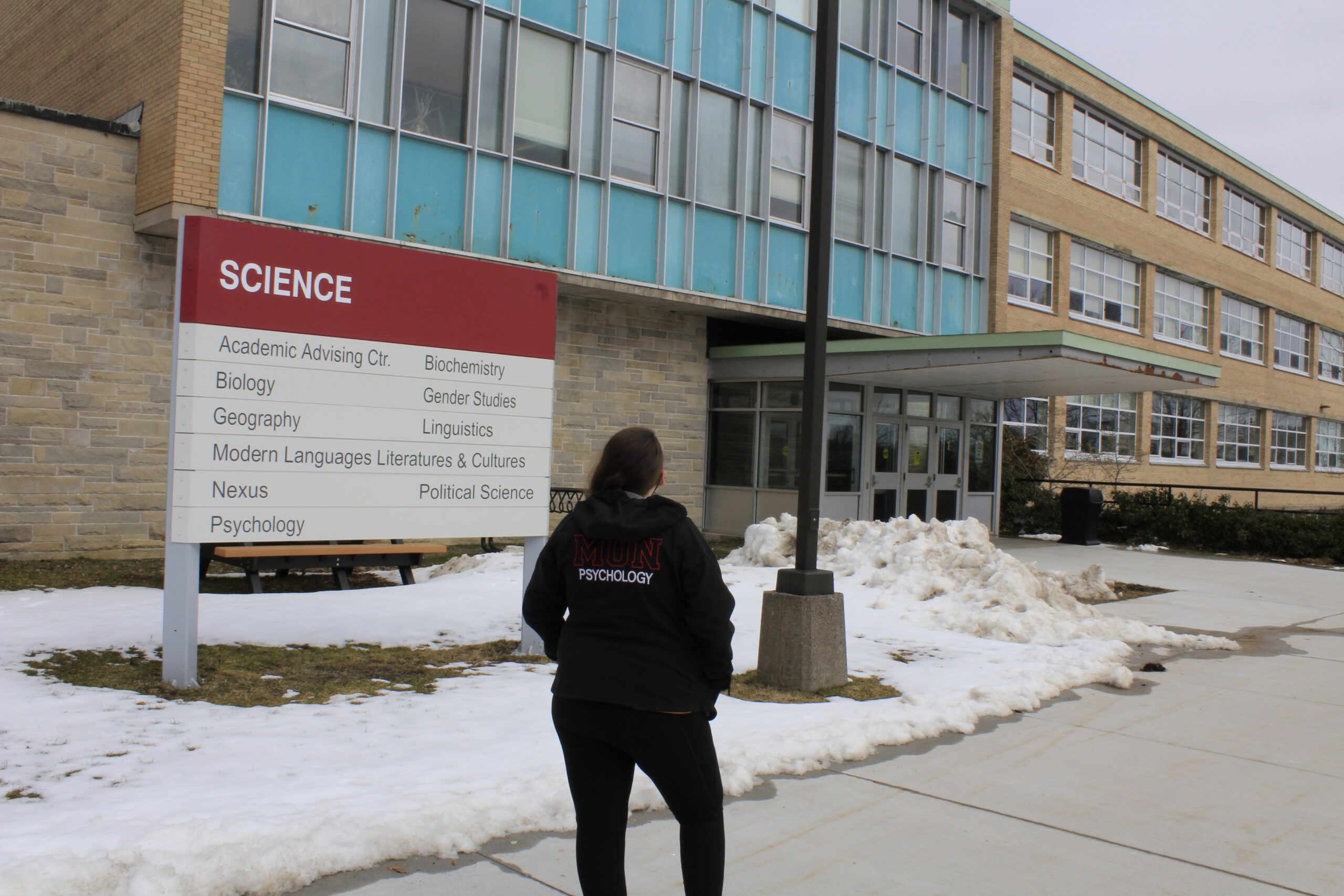Members of Newfoundland’s scientific community reflect on how their research has adapted to the COVID-19 pandemic.
Dylan Murphy
Kicker

Even with COVID-19 vaccines on the horizon, members of the local scientific community believe that many forms of research studies will be forever changed by how they’ve adapted to the new normal.
Science professors at Memorial University routinely run laboratory studies in their respective fields. The published results of these studies are used to further the overall knowledge of the scientific community.
The COVID-19 pandemic has forced many of these researchers to adapt to the current state of the world. Many research programs had to be moved to an online setting, and others have had to be suspended indefinitely.
In the department of psychology, the professors run research to increase understanding of the way humans think, act and feel. Dr. Martin Day is a professor and researcher of social psychology with an emphasis on societal cognition. He studies how people make sense of problems in society and how these issues – such as the economic gap between rich and poor – affect an individual’s mental health. Day says that, thanks to an already-established online presence, most of his research studies have been able to continue online.
“In the last several years, we’ve been doing a lot of our studies by recruiting individuals to complete online versions of surveys and experiments,” Day said. “Because of that shift, we’ve been able to continue some of our research studies, depending on the topic.”
Other psychology professors such as Dr. Jonathan Fawcett have not had their research affected in any significant ways. This good fortune is due in part to the topics they specialize in, the emergence of online studies and the nature of their research. Both, however, noted that several faculty members, such as those who specialize in neuroscience (studies of the brain and nervous system) have suspended all research studies indefinitely.
“Their studies require access to lab space that is simply not possible during the shutdown,” said Fawcett, who specializes in cognition.
Another issue that researchers like Day face during the pandemic is the risk of consistency errors when contextualizing their research results. For example, because the pandemic has affected the social and financial aspects of many people’s lives, a study measuring average anxiety levels today compared with those of any year before the pandemic might not reflect accurate results.
“While there are certainly good reasons to research those topics now if your questions aren’t directly related to the pandemic, it still makes somewhat of a different circumstance to the study. It’s hard to see a consistency of research studies and findings if the societal context is different and relevant to your question. So for now, a lot of those projects have been put on hold.”
In general, the researchers at Memorial have adapted well to the new normal, and they are optimistic that their studies will be able to continue moving forward as online studies with no long-term ill effects.
“It’s been an interesting and sometimes difficult adjustment for a lot of people but there could be some optimism in there as well. A lot of research has gone forward so that shows we have adapted and gotten creative with how the research can be done.” Day remarked.




Be the first to comment